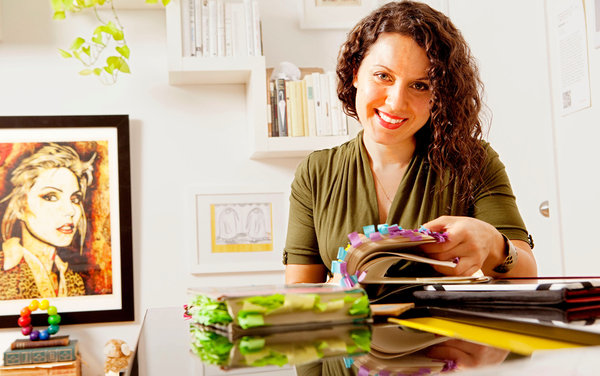The key to this library shows up every Sunday morning in my inbox from Brainpickings, a blog/website created by Maria Popova. (More on Maria Popova at the bottom of this post).
This morning, I lingered for a few minutes on Robert Graves, the poet. Fifty years after he wrote Advice to Lovers. he had a conversation with Gina Lollobridiga, in which he added these thoughts on love:
"Love is really a recognition of truth, a recognition of another person’s integrity and truth in a way that is compatible with — that makes both of you light up when you recognize the quality in the other. That’s what love is.… And love is giving and giving and giving … not looking for any return. Until you do that, you can’t love."
Then, I noticed Toni Morrison's name and a link to a recent graduation address she delivered at Wellesley. http://www.brainpickings.org/2015/07/21/toni-morrison-wellesley-commencement/?mc_cid=310b10396d&mc_eid=7940cd5ca2
Since I've always loved Morrison's writing, I had to depart from the open Graves' book on my lap (as it were) and go read what she had to say to the graduating class. Listening to her voice, I was as mesmerized and inspired as I was the time I heard her speak at Trinity University in the 80s.
Listening, I wondered: Would I have even understood this speech as a college graduate of 22? And how might my adult life have been different if I'd heard such a speech as a young woman?
Graduates are all set to hear the usual sentiments at graduations, and occasionally a speaker breaks all the molds of graduation speeches and says something that leaves tracks, even if they don't get it at the time. Like this:
"I’m sure you have been told that this is the best time of your life. It may be. But if it’s true that this is the best time of your life, if you have already lived or are now living at this age the best years, or if the next few turn out to be the best, then you have my condolences. Because you’ll want to remain here, stuck in these so-called best years, never maturing, wanting only to look, to feel and be the adolescent that whole industries are devoted to forcing you to remain."
And this:
“True adulthood… is a difficult beauty, an intensely hard won glory, which commercial forces and cultural vapidity should not be permitted to deprive you of.”
It's not understanding every word that leaves tracks on which we can build our lives, but exposure to words such as these of Toni Morrison. Much of what we encounter in our formal (and informal) educations we don't completely understand at the time, but we absorb the essence and can return to it later, thanks to someone saving them on paper or screens.
Reading Popova's generous blog, I then become curious about Maria herself. Here is how she describes herself and her site:
Hey there. My name is Maria Popova and I’m a reader, writer, interestingness hunter-gatherer, and curious mind at large. I’ve previously written for WiredUK, The Atlantic, The New York Times, and Harvard’s Nieman Journalism Lab, among others, and am an MIT Futures of Entertainment Fellow.

Maria Popova. Photograph by Elizabeth Lippman for The New York Times
Brain Pickings is my one-woman labor of love — a subjective lens on what matters in the world and why. Mostly, it’s a record of my own becoming as a person — intellectually, creatively, spiritually — and an inquiry into how to live and what it means to lead a good life....
The core ethos behind Brain Pickings is that creativity is a combinatorial force: it’s our ability to tap into our mental pool of resources — knowledge, insight, information, inspiration, and all the fragments populating our minds — that we’ve accumulated over the years just by being present and alive and awake to the world, and to combine them in extraordinary new ways. In order for us to truly create and contribute to the world, we have to be able to connect countless dots, to cross-pollinate ideas from a wealth of disciplines, to combine and recombine these pieces and build new ideas.
I think of it as LEGOs — if the bricks we have are of only one shape, size, and color, we can build things, but there’s a limit to how imaginative and interesting they will be. The richer and more diverse that pool of resources, that mental library of building blocks, the more visionary and compelling our combinatorial ideas can be.
Brain Pickings... is a cross-disciplinary LEGO treasure chest, full of pieces spanning art, science, psychology, design, philosophy, history, politics, anthropology, and more; pieces that enrich our mental pool of resources and empower combinatorial ideas that are stronger, smarter, richer, deeper and more impactful. Above all, it’s about how these different disciplines illuminate one another to glean some insight, directly or indirectly, into that grand question of how to live, and how to live well.
No comments:
Post a Comment